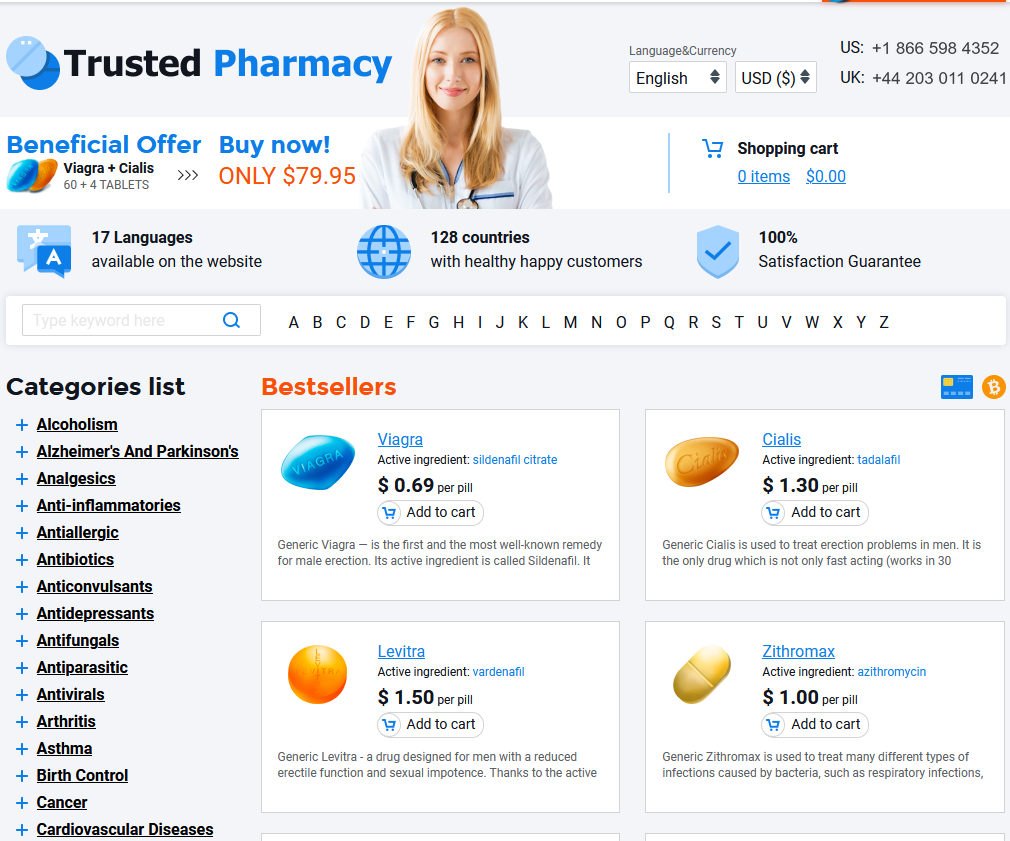To Visit Online Pharmacy Click HERE ↓
Common Myths about Periactin Debunked
Periactin Is Only for Severe Allergies
Many people assume that this medication is reserved exclusively for the most severe cases of allergies, but the reality is far more nuanced. Periactin, known generically as cyproheptadine, offers benefits that extend beyond intense allergic reactions. In fact, it is prescribed by healthcare professionals for a variety of reasons, including to manage symptoms of mild allergies, stimulate appetite, and even treat certain types of headaches.
This versatility is due to the unique way Periactin interacts with different receptors in the body, making it effective for several unrelated conditions. Instead of being limited to acute allergic crises, doctors carefully consider each patient’s needs before prescribing it. Understanding its broader applications can help reduce the stigma or misunderstanding surrounding this useful and adaptable medication.
| Common Uses for Periactin | Description |
|---|---|
| Allergy Relief | Reduces symptoms like itching, sneezing, and watery eyes. |
| Appetite Stimulation | Sometimes used for people struggling with weight gain or poor appetite. |
| Headache Prevention | Prescribed for certain types of migraines and headaches. |
It’s a Safe and Harmless Weight Gain Solution

Many are drawn to periactin after hearing stories of dramatic, “effortless” weight gain, but the reality is more nuanced. Periactin is an antihistamine primarily designed for allergy relief, and its appetite-stimulating effects are a side effect rather than its main purpose. While some users experience increased hunger and subsequent weight gain, it’s important to note that the medication can cause drowsiness, dry mouth, and even mood changes.
Relying solely on periactin without medical oversight can be risky, especially for those with underlying conditions or who are taking other medications. Careful guidance from a healthcare professional is crucial to ensure safety and minimize potential complications.
Periactin Causes Instant Appetite Increase for Everyone
Many people expect a dramatic change right after taking periactin, but the reality is more nuanced. While it can boost appetite for some, results and onset time vary by individual. Some users notice subtle changes within days, while others may need a week or more to feel any difference.
Factors such as metabolism, overall health, and existing medical conditions play a significant role in how quickly periactin takes effect. Not everyone responds in the same way, and for some, the appetite stimulation can be mild or even absent.
Understanding that periactin’s effects are not universal helps to set realistic expectations and encourages discussions with a healthcare provider before use.
Long-term Use Has No Side Effects

When people consider taking Periactin, many assume this medication can be used indefinitely without worry. Yet, a closer look at its pharmacological profile tells a more complex story. While Periactin is effective for managing certain allergies and stimulating appetite, research and clinical experience reveal that prolonged use can carry specific risks that users should not ignore.
For example, some individuals report drowsiness, dry mouth, and dizziness even after several weeks of therapy. Over the months, these side effects may persist or even intensify, potentially interfering with daily routines and overall well-being. In some rare cases, long-term users have experienced challenges such as mood changes, blurred vision, or urinary retention, which are not resolved simply by continuing treatment.
Doctors emphasize the importance of close supervision when Periactin is taken over extended periods. Regular follow-up appointments help to catch any early warning signs of complications, allowing both patient and provider to reassess the ongoing need for the medication. Always consult a healthcare professional before making Periactin a part of your long-term regimen; informed guidance ensures safety and maximizes therapeutic benefit.
All Age Groups Can Use Periactin Freely
When parents or caregivers hear about periactin, they often assume it’s mildly effective and safe for all ages. However, this isn’t the case. Periactin, known generically as cyproheptadine, affects the body’s histamine and serotonin levels—two critical components that can vary greatly in how adults and children respond. Pediatric and geriatric populations are particularly sensitive to its potential side effects, ranging from drowsiness to agitation.
For younger children, periactin’s use must be closely monitored by a healthcare provider, as the effect on appetite or allergies can differ significantly from older teens or adults. Likewise, older adults may experience enhanced sedative effects or confusion. Always consult with a medical professional before starting, as careful dosing and oversight are essential for safety.
| Age Group | Risks with Periactin |
|---|---|
| Children | Increased sensitivity, hyperactivity, dosage must be closely monitored |
| Adults | Typical effectiveness, but side effects possible |
| Elderly | Higher risk of confusion, sedation, and falls |
Natural Alternatives Offer the Same Effectiveness
Many people seeking appetite enhancement or allergy relief turn to herbal supplements or home remedies, believing they are just as effective as prescription medications. While substances like ginger, fenugreek, or certain teas have a longstanding presence in traditional wellness practices, scientific evidence supporting their use for increasing appetite or managing allergies is limited. Some natural solutions may offer mild benefits for some individuals, but these effects are often unpredictable and rarely match the efficacy of medications backed by rigorous clinical trials.
It’s also important to remember that “natural” doesn’t necessarily mean risk-free. Herbal products can still interact with other medications or cause unwanted side effects. Consulting a healthcare professional before choosing between prescription medications and alternative remedies ensures you’re making decisions based on safety and informed expectations—not just popular trends.

